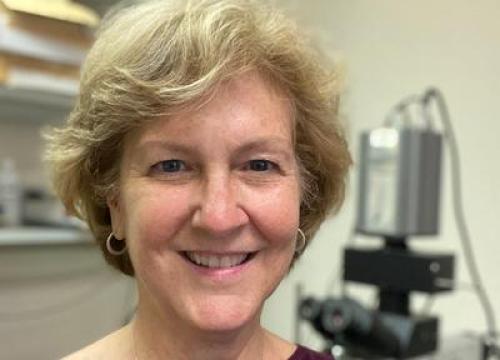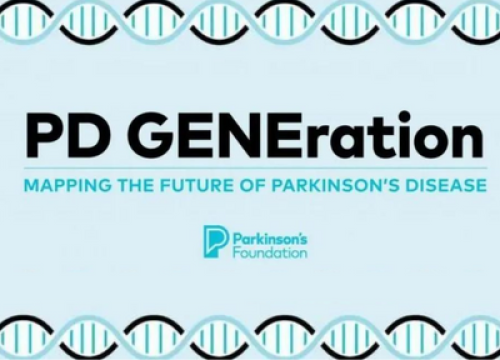Episode 17: Stem Cells and Parkinson’s
Stem cells – those cells that can give rise to so many cell types in the body – have been touted as the cure-all for a variety of diseases, including Parkinson’s. But to date, attempts at stem cell transplantation into the brain have fallen short. Parkinson’s is one of the most complex diseases, with a variety of motor and non-motor symptoms and an impact on many systems of the body. Just inducing a cell to make dopamine is not the whole answer. But stem cells are still useful for drug screening and disease modeling. Dr. Michael Okun, National Medical Advisor of the Parkinson’s Foundation, Chairman of the University of Florida Department of Neurology and Co-Director of the University of Florida Center for Movement Disorders and Neurorestoration, a Parkinson’s Foundation Center of Excellence, puts the field into perspective and where it’s going.
Released: December 5, 2017
Want more?
Don't forget to subscribe! There are many ways to listen: Apple Podcasts, TuneIn (Amazon Echo), Spotify or RSS Feed. (Need help subscribing? See our quick guide.)
For all of our Substantial Matters podcast episodes, visit Parkinson.org/Podcast.















